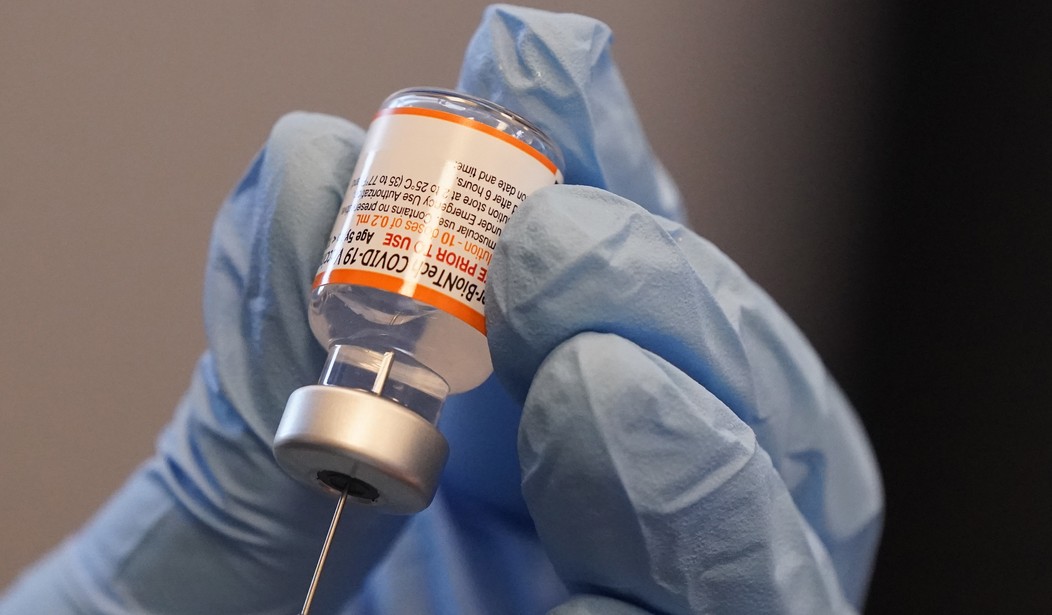Guidance from the Food and Drug Administration says that some people may be considered "high risk" based on their race and will be prioritized for monoclonal antibodies and oral antivirals used to treat COVID-19.
The agency issued a fact sheet for healthcare providers, which was updated in December, notifying them that it had approved emergency use authorizations of sotrovimab, a monoclonal antibody proven effective against omicron. However, the antibodies are only approved for patients considered to be "high risk."
"Medical conditions or factors" such as "race or ethnicity" may "place individual patients at high risk for progression to severe COVID-19," the guidance reads, adding that the "authorization of sotrovimab under the EUA is not limited to the medical conditions or factors" outlined by the agency.
Older age, obesity, pregnancy, chronic kidney disease, diabetes, and cardiovascular disease are listed as some of the medical conditions and factors that would make a person "high risk."
Similarly, New York state's Health Department last week revealed its plans to distribute COVID treatments like monoclonal antibody treatment and antiviral pills. The plan states that a person must have "a medical condition or other factors that increase their risk for severe illness" to be eligible for the treatment.
Recommended
One "risk factor" included in the plan is being a person of color due to "longstanding systemic health and social inequities."
"Non-white race or Hispanic/Latino ethnicity should be considered a risk factor, as longstanding systemic health and social inequities have contributed to an increased risk of severe illness and death from COVID-19," the memo reads.

























Join the conversation as a VIP Member